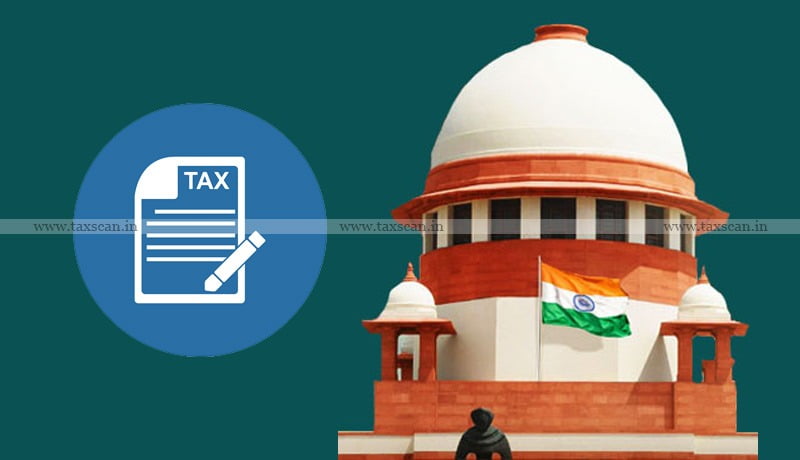Pool?
The divisible pool of taxes refers to the portion of central government tax revenues (excluding surcharges and cesses) that is shared with states as per the recommendations of the Finance Commission. As per the current arrangement recommended by the 15th Finance Commission, states receive 41% of the divisible pool.
This pool includes key sources like:
- Income tax
- Corporate tax
- GST (central share)
- Customs duty
Why Is Maharashtra Seeking a 50% Share?
Maharashtra, one of India’s most industrialized and revenue-generating states, argues that:
- It contributes disproportionately to the central tax kitty (Maharashtra accounts for ~38% of India’s total direct tax collections).
- The current formula does not adequately reward performance in areas like tax collection, industrial output, and infrastructure.
- High-contributing states should be incentivized, not penalized, through equitable and performance-linked allocations.
Key Drivers Behind the Demand:
- Growing urban infrastructure needs
- Burgeoning social spending responsibilities
- Support for local economic development and job creation
- Pressure from population-driven states receiving higher per capita allocations
Implications for the Tax Ecosystem
This demand has sparked intense debate within India’s tax and fiscal policy circles.
For Tax Leaders & Policymakers:
- Re-evaluation of the devolution formula could alter state-level fiscal strategies.
- If accepted, it could reshape budget planning and allocation frameworks across all states.
- Central tax revenue distribution may need performance-linked variables, beyond population and area.
For the Centre:
- Accepting such demands might set a precedent for other high-performing states (e.g., Tamil Nadu, Gujarat, Karnataka).
- It may risk alienating lower-income states that rely heavily on central transfers.
Political and Economic Reactions
Several economists have pointed out that while incentivizing performance is valid, India’s fiscal framework must also ensure regional equity. Meanwhile, opposition leaders in Maharashtra and elsewhere have voiced support for greater state financial autonomy.
This development also comes amid broader discussions on:
- Cooperative federalism
- State borrowing autonomy
- Reforming GST compensation frameworks
What’s Next?
Maharashtra is likely to push its demand ahead of the 16th Finance Commission’s formation, expected in 2025–26. Tax leaders and state finance departments across India will be closely watching how the Centre responds.
If the demand gains traction, India may move toward a more differentiated, performance-based tax devolution model, one that balances growth and equity in a rapidly evolving economy.









